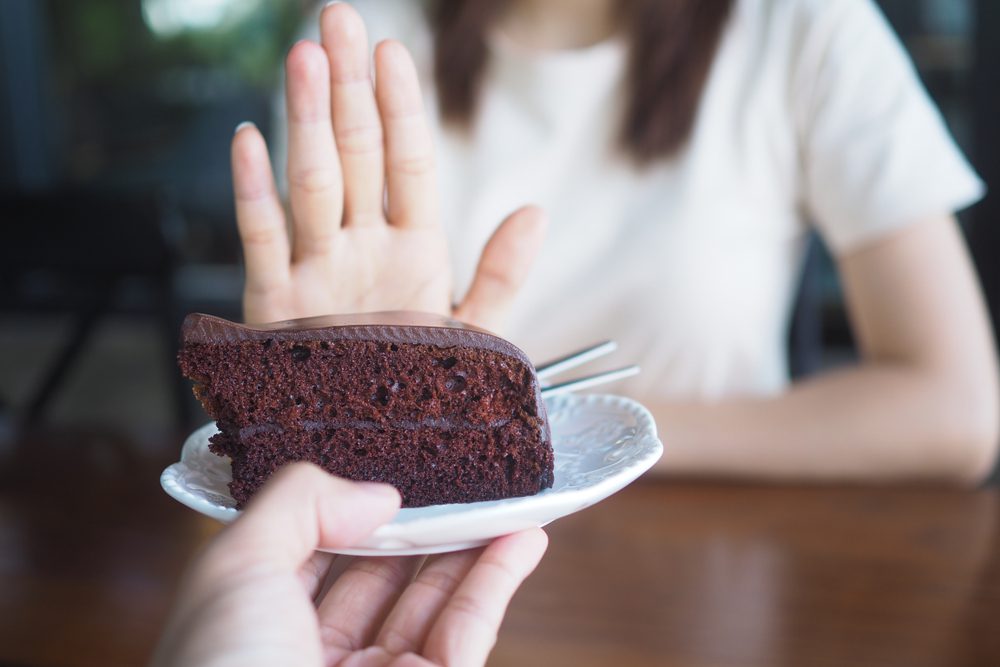
1. Don’t eat before
What you eat and when you eat before the blood test can significantly impact your results.
Fasting for 8 to 12 hours in advance is usually required. It is crucial to fast for at least 8 hours when testing for blood glucose and cholesterol levels because their levels are sensitive to the nutrients in your system.
Avoid eating fatty and fried food a couple of days before the test. You should also avoid alcohol for 1-2 days. If you have an essential social event before the test, it is recommended that the procedure be postponed.
Being honest with your provider if you don’t follow the instructions is essential. Even a minor deviation from your doctor’s recommendations can significantly change your results.
2. Drink water
Hydration is essential before and after a blood test. Many people assume that fasting includes no drinking water, but in fact, being hydrated makes your veins more visible, and it is easier for the phlebotomist to find your veins. Drinking plenty of water makes the procedure faster and pain-free.
Blood thickness is also a factor in blood tests. Drinking water in advance will ensure that blood has optimal consistency and, therefore, more accurate results.
The stress during a blood draw can cause your blood pressure to drop suddenly, and as a result, you may feel dizzy or even faint. Staying hydrated can help you avoid these symptoms. If you start to feel dizzy, inform your provider and ask for some water.
If you want to be prepared and stay hydrated, carry around a reusable water bottle. Make sure you choose one that is insulating, BPA-free, and leak-free, like this one on Amazon!





